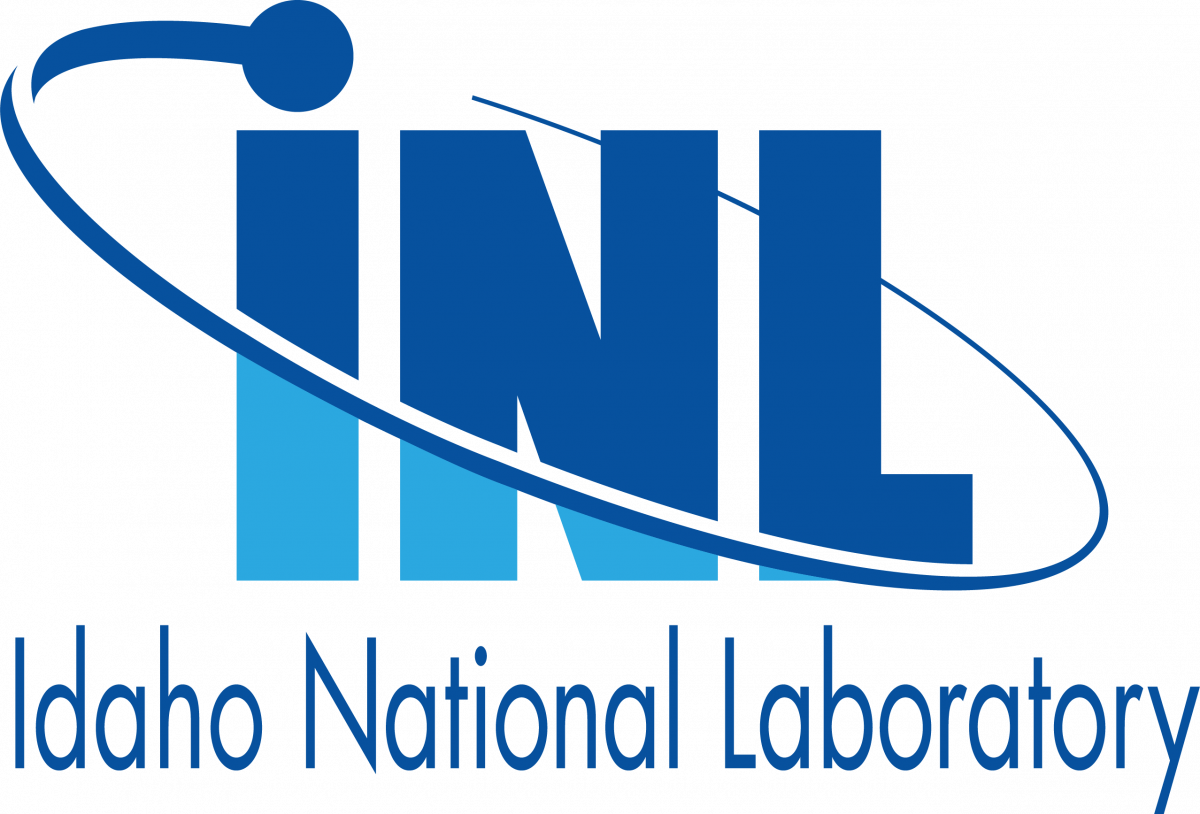Teresa Portone, Sandia National Laboratories
Kathryn Maupin, Sandia National Laboratories
Computational models are commonly used to make predictions affecting high-consequence engineering design and policy decisions. However, incomplete information about modeled phenomena and limitations in experimental and/or computational resources necessitate approximations and simplifications that can lead to model-form error. How best to address model-form error is an open question whose answer depends on the goals of an analysis, the application problem of interest, and available resources. This minisymposium focuses on data-driven and probabilistic methods to address model-form error, such as inference methods accounting for model inadequacy and explicit data-driven and probabilistic representations of model-form error/uncertainty.











